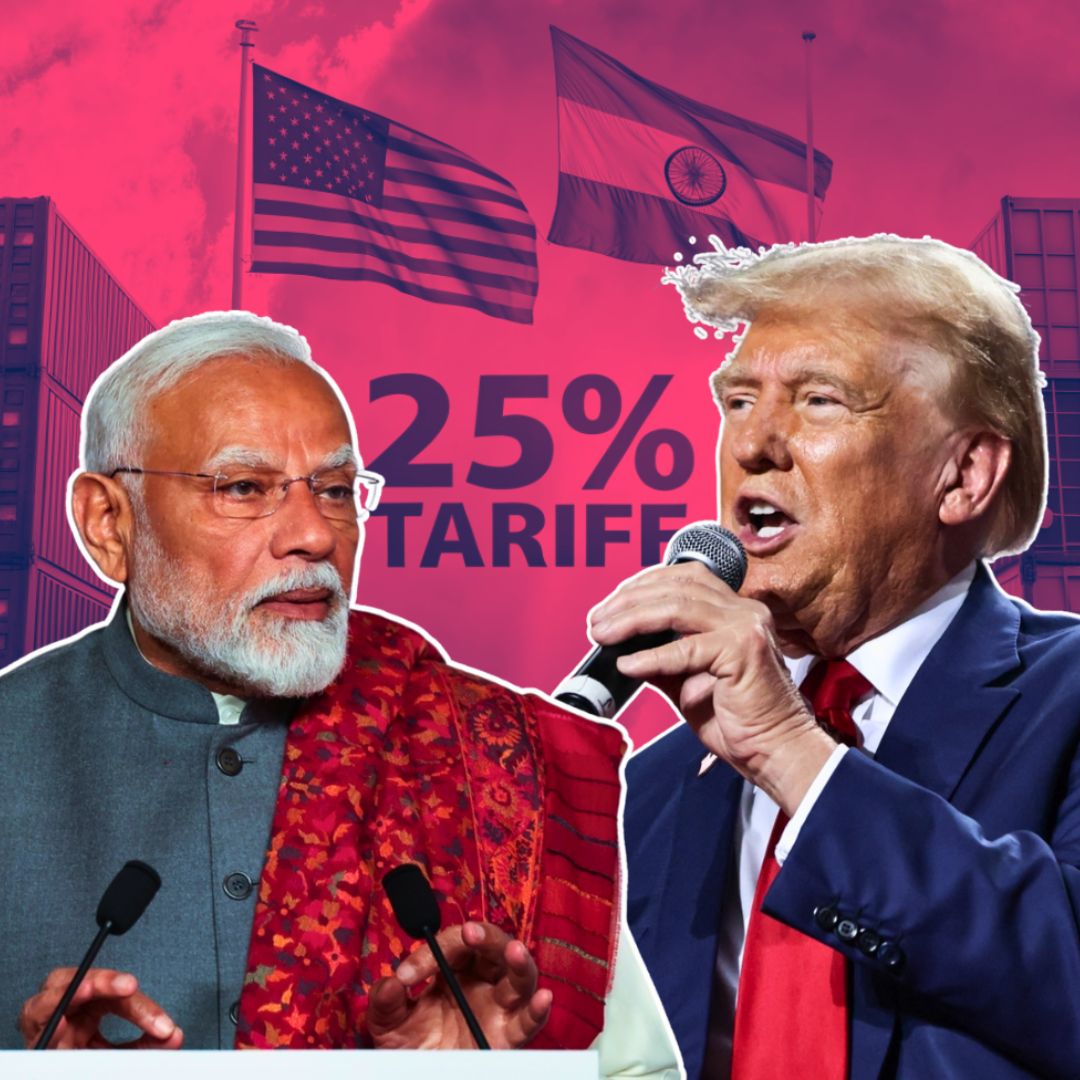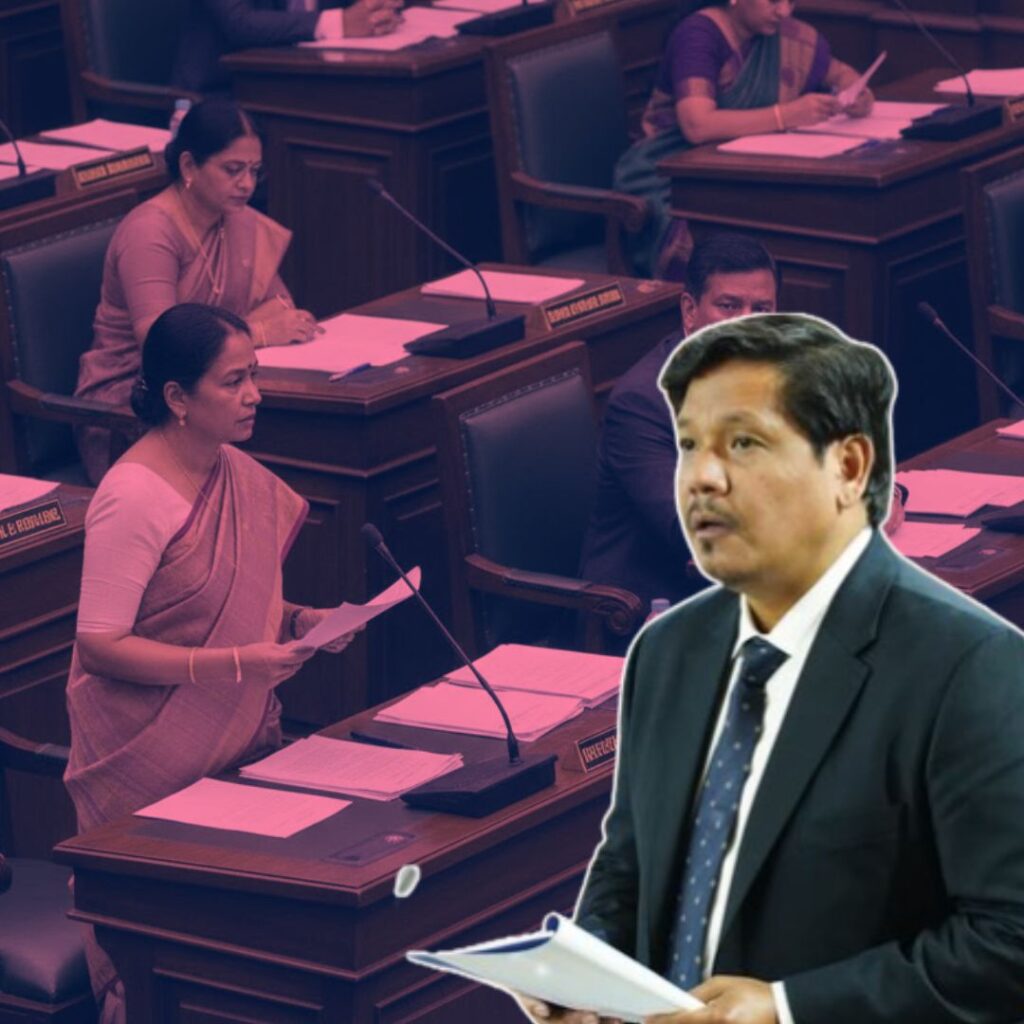The United States has implemented a 25% tariff on all Indian imports effective August 1, 2025, in an effort to reduce the widening US trade deficit and push India to lower its relatively high tariffs on American goods. This move also incorporates unspecified penalties connected to India’s continued purchase of Russian oil and military equipment.
While this tariff could disrupt Indian export sectors such as electronics, pharmaceuticals, footwear, gems and jewellery, and furniture, both governments remain committed to ongoing trade talks, with key negotiations scheduled for mid-August. Increased diplomatic strains accompany the tariffs, highlighting the fragile balance in the India-US relationship.
Economic Impact and Industry Challenges
The 25% tariff is expected to have immediate repercussions on India’s export-dependent industries. Sectors like electronics, pharmaceuticals, footwear, gems and jewellery, and furniture are particularly vulnerable to losing market share in the US, their largest export destination.
Indian exporters warn that this tariff hike could lead to cancelled contracts, loss of business to competitors like Vietnam and Thailand, and diminished foreign direct investment. Experts suggest that these tariffs could reduce India’s GDP growth by up to 0.5 percentage points in the next fiscal year.
Indian government officials, particularly from the Ministry of Commerce, have expressed concern but remain committed to finding a balanced approach. The government highlights the importance of protecting small farmers, micro, small, and medium enterprises (MSMEs), and entrepreneurs who form the backbone of India’s export economy.
Officials also stress that the tariffs are a setback but hold hope for a comprehensive bilateral trade agreement that could stabilise and potentially enhance relations.
Diplomatic Strain and Ongoing Trade Negotiations
The imposition of these tariffs comes on the heels of months of fraught negotiations marked by significant disagreements over market access and tariff reductions.
India has resisted sweeping tariff cuts in sensitive sectors such as agriculture, dairy, and genetically modified crops—areas crucial for over 700 million rural citizens who depend on these livelihoods. Conversely, US negotiators have pushed for near-immediate elimination of tariffs upon an agreement, creating an impasse.
Tensions are further inflamed by additional US penalties related to India’s Russian oil and weapons purchases, which may translate into tariff penalties twice as high as the base 25%, potentially reaching up to 100%. These sanctions exacerbate diplomatic friction but have not halted dialogue, as both sides have committed to continuing negotiations.
US officials argue that these measures are necessary to address the large trade deficit, which reached $78 billion with India last year, alongside concerns about India’s protectionist policies. Indian representatives maintain that their tariffs protect vulnerable sectors and support socio-economic development.
US-Pakistan Oil Partnership Provokes Geopolitical Tensions Amid Trade Dispute With India
Hours after announcing the 25% tariff on Indian imports and additional penalties linked to India’s Russian energy trade, US President Donald Trump revealed a new deal between the United States and Pakistan to jointly develop Islamabad’s oil reserves. Trump stated on his social media platform, Truth Social, that the US is in the process of selecting an American oil company to lead this partnership, adding provocatively that “maybe they’ll be selling oil to India some day.”
This announcement comes amid escalating trade tensions with India and signals an attempt by the US to leverage regional rivalries. Pakistan’s oil reserves, while described by Trump as “massive,” remain largely unproven commercially, with estimates of technically recoverable shale oil in the billions of barrels—but actual production and export potential are uncertain.
The timing and tone of the announcement have been viewed as a diplomatic snub to India, complicating already strained ties just days before key trade negotiations continue in mid-August. This development highlights how energy diplomacy and trade policies intersect with broader geopolitical considerations in South Asia.
The Logical Indian’s Perspective
The new tariffs and associated penalties present a considerable challenge to the India-US trade relationship. However, it is imperative that both nations prioritise dialogue, empathy, and mutual respect to resolve differences amicably. Economic policies that risk deepening divides and stalling growth are counterproductive in today’s interconnected global economy.
A sustained commitment to negotiation and understanding can pave the way for a fair, balanced, and mutually beneficial trade partnership.
At a time when global challenges—such as climate change, public health, and security—require cooperation, fostering peace and harmony in economic affairs is equally essential.











